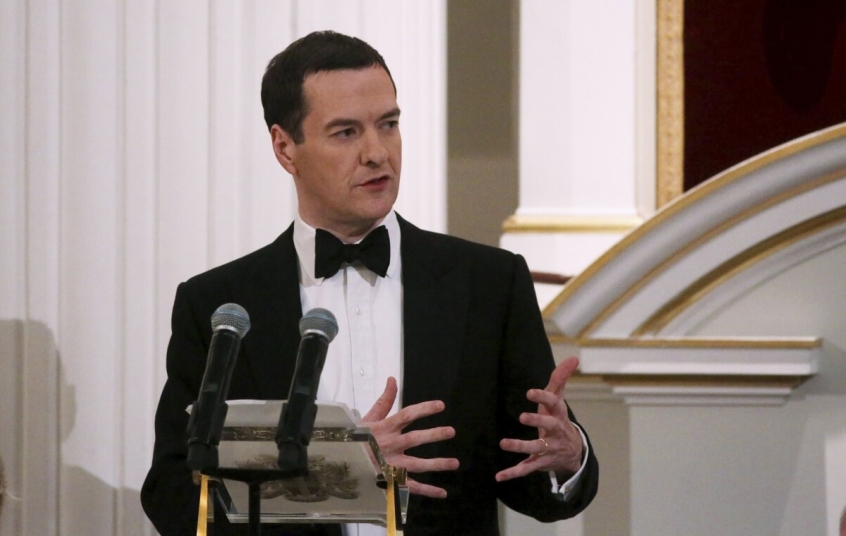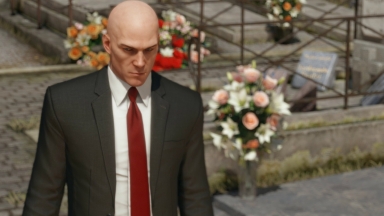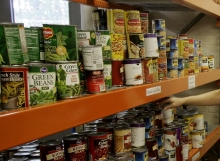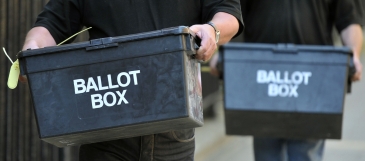
Chancellor George Osborne has said he will press ahead with hefty cuts to welfare in a budget statement next month, a day after tens of thousands of people marched against austerity in central London.
Writing in the Sunday Times, Osborne and welfare minister Iain Duncan Smith said the newly re-elected Conservative government would go ahead with plans to cut welfare spending by 12 billion pounds, out of an annual budget of 220 billion pounds, including old-age pensions.
British media had previously reported that Osborne was under pressure from colleagues to rein in the cuts, which are likely to fall most heavily on low-paid workers.
Separate media reports on Sunday also pointed to other demands on Osborne for spending on defence and overseas aid ahead of his post-election budget statement on July 8.
"We will set out in detail all the steps we will take to bring about savings totalling 12 billion pounds a year in next month's budget and at the spending review in the autumn," Osborne and Duncan Smith wrote.
"For a start, we will reduce the benefit cap, and have made clear that we believe we need to make significant savings from other working-age benefits," they added.
Britain's budget deficit currently stands at just under 5 percent of gross domestic product, higher than in almost all advanced economies. Fresh from an unexpected election victory last month for the ruling Conservatives, Osborne has said he wants to run a surplus by the 2018/19 tax year and commit future governments to the same.

The Sunday Times said cuts under consideration included banning people aged under 25 from claiming housing benefit and restricting tax credits to a couple's first two children.
On Saturday tens of thousands of protesters marched from the Bank of England in London's financial district to parliament to protest against further cuts, saying they were unnecessary and would worsen inequality.
Further demands on spending appeared in other British media.
Microsoft founder and philanthropist Bill Gates, writing in the Sunday Telegraph, urged Britain's government to stick with its commitment to spend 0.7 percent of GDP on foreign aid, which some Conservative lawmakers think could be better spent at home.
In the same newspaper, defence minister Michael Fallon said Britain's armed forces still had enough resources despite cuts to their 34 billion pound budget and the world "becoming a darker place" with threats from Russia and Islamic State.
Fallon said Britain would offer an extra 1,000 troops to a NATO rapid reaction force aimed at deterring Russian aggression at a NATO defence ministers' meeting this week.
















